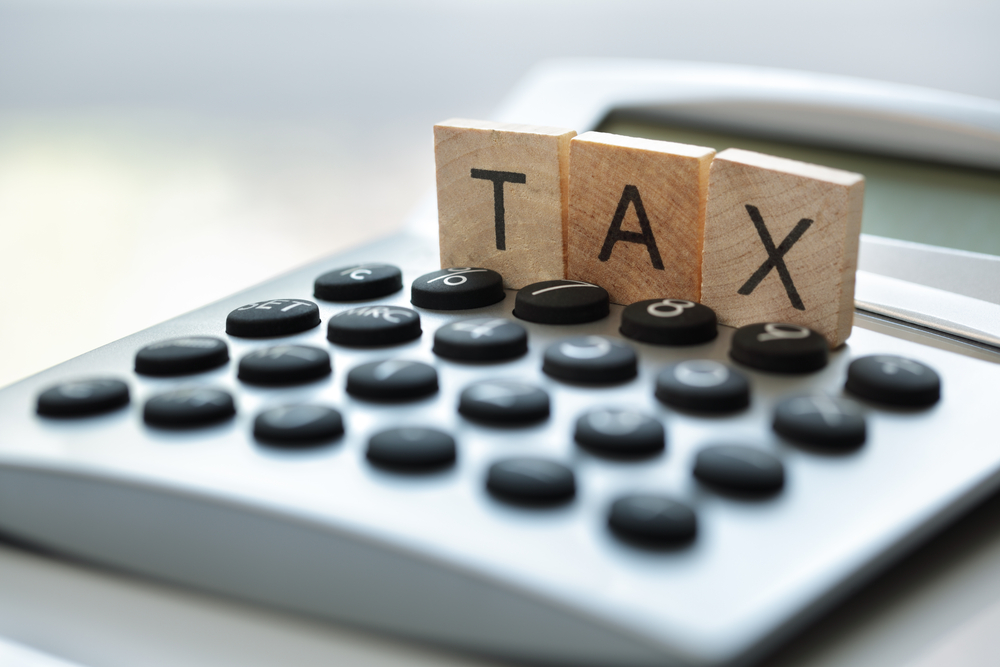The deadline to file a self-assessment form is fast approaching and 1.8 million taxpayers will go into debt to pay their bill, a study finds.
One in five (18%) workers are set to use their overdraft – which usually comes with high borrowing rates – to pay for the tax bill. While a tenth (9%) of self-employed workers will also do the same.
This comes as over a third (37%) of the 4,000 UK adults admitted their deductions had been bigger than they anticipated. The surprise was more common among men (42%) than women (32%).
There is also a gap in preparation and knowledge ahead of the 31 January deadline, between those who are self-employed and other UK taxpayers.
A total of 69% of self-employed workers had put money away to pay for their tax bill, while only half of those who are employed with different tax codes have made such plans.
Quarter of self-employed won’t file a return this year
However, among the self-employed, over a quarter (27%) said they would not be filing a return – something everyone who runs their own business is required to do.
You’ll need to file a self-assessment form, if you have earned untaxed income and you fall into any of the following categories:
- Self-employed
- Own a rental property
- Earn more than £100,000
- Have partners in a business partnership
- Liable for the high-income child benefit charge
Meanwhile, the most prepared for their tax bill were those of retirement age, with almost half (47%) of over-70s putting money away to not be caught short.
This compares to the 41% of those under 34 who’ve set some funds aside to cover themselves.
As well as being alert to next week’s deadline, taxpayers have been warned against a tax refund scam that’s doing the rounds.
‘If you’re going to struggle, a payment plan could be an option’
Sarah Pennells, finance specialist at Royal London, said: “It’s worrying that almost people are resorting to their overdraft to pay their tax bill this year, especially when overdrafts can be an expensive way of borrowing.
“People are also getting caught out by higher tax bills than they expect. If you’re going to struggle to pay this year’s tax, you may be able to set up a payment plan with HM Revenue and Customs, but one of the conditions is that you must be within 60 days of the payment deadline, so you must act quickly.
Pennells added: “It’s equally concerning that there’s so much confusion about the self-assessment system almost 30 years after it was introduced, particularly about who needs to fill in a self-assessment tax return. If you’ve had income that you’ve not been taxed on, the chances are you’ll need to fill in a self-assessment tax return – unless it’s something like dividend income from investments held within an ISA – which is tax-free.
“It’s a good idea to build some financial resilience by setting aside some money in a savings account. Look at the total tax you owed this year, from your July and January instalments, and put away a twelfth of that every month in a savings account to prepare for 2025. If you know you’re earning more this year, you may need to increase your monthly savings.”





